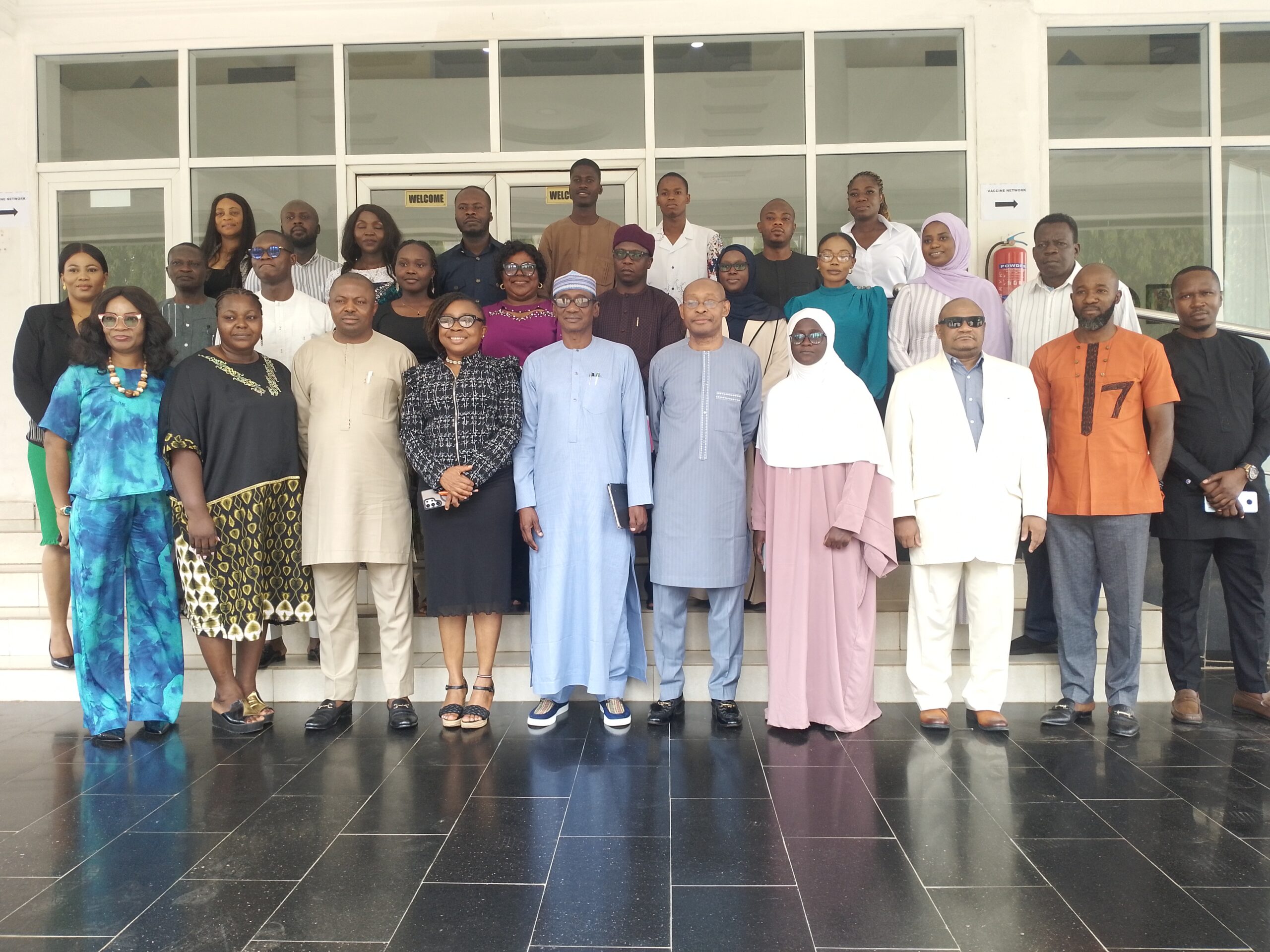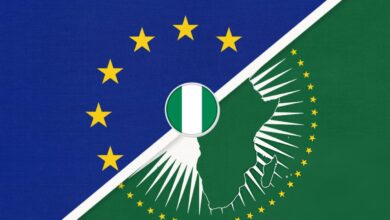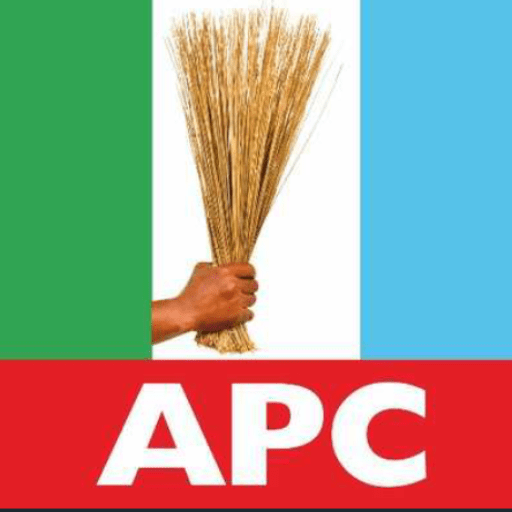CSOs Demand Additional 1% Federation Revenue for Immunization Financing, Backs Amendment to National Health Act

By Fatima Saka
Abuja, Nigeria — A coalition of Civil Society Organizations (CSOs) has intensified calls for sustainable domestic financing for vaccines by demanding the allocation of 1% of revenue from the Federation Account to immunization funding in Nigeria.
The demand was made during a consultative Workshop, held in Abuja on Thursday, with the theme: “Why Invest in Immunization?, From the CSO Lens,” bringing together lawmakers, health advocates, civil society groups and development partners.
Speaking at the event, Mrs. Chika Kemi Offor, CEO of Vaccine Network for Disease Control, revealed that a bill currently before the National Assembly seeks to increase the Basic Health Care Provision Fund (BHCPF) by an additional 1% from the Consolidated Revenue Fund, specifically to finance vaccines and essential health commodities.
She expressed concern that immunization remains underfunded despite its proven economic and health benefits.
Offor lamented that only 25 percent of the ₦137 billion approved for the 2024 immunization budget had been released, while no funds at all have been disbursed for 2025 even as the budget cycle approaches its end.
According to her, “Not a kobo has been released for 2025 domestic immunization financing and we are already in October. We must stop operating in crisis mode. Immunization financing needs a protected and sustainable structure.”
Representing Senator Dr. Ipalibo Harry Banigo, Chair of the Senate Committee on Health (Secondary and Tertiary), legislative aide Barr. Irene Ominice Odisaba reaffirmed the Senate’s readiness to support efforts that guarantee predictable funding for vaccines, describing immunization as a national priority that should not suffer funding delays.
Also speaking, former Deputy Chairman of the House Committee on Healthcare Services, Hon. Usman Muhammad, expressed worry that the failure to release vaccine funds would put millions of Nigerian children at risk of preventable diseases. He urged government agencies to act swiftly before the 2024 fiscal year closes.
The Convener of the Africa Health Budget Network (AHBN), Dr. Aminu Magashi Garba, said Nigeria risks prolonged dependence on Gavi and other foreign donors if domestic financing gaps persist.
He urged the Presidential Coordinating Minister of Health and leaders in the National Assembly to ensure timely release of immunization funds and avoid stockouts at primary healthcare facilities.
In a technical presentation at the forum, Barr. Eze Onyekpere, Executive Director of the Centre for Social Justice (CSJ), explained the implications of the proposed National Health Act Amendment Bill. He disclosed that the bill seeks to increase the BHCPF from 1% to 2% of the Consolidated Revenue Fund and introduce a dedicated annual allocation for immunization.
According to him, the proposed law provides that immunization funds be ring-fenced to support routine and supplemental immunization activities, including vaccine procurement, cold chain maintenance, logistics, emergency outbreak response, vaccine safety storage and distribution, as well as demand creation and community mobilization.
He added that the fund would be managed by the National Primary Health Care Development Agency (NPHCDA) and must appear as a distinct line item in the national budget.
READ ALSO: ONICCIMA seeks end to multiple taxation, roadblocks to boost Onitsha business climate
Katsina’s Green Growth Agenda Earns Second Place in 2025 Subnational Climate Governance Ranking
Participants at the forum resolved to intensify advocacy for passage of the Vaccine Financing Bill and called on the federal government to prioritize health security through sustainable immunization funding.
They further emphasized that Nigeria cannot achieve Universal Health Coverage or reduce child mortality without protecting vaccine financing from political and economic uncertainties.





